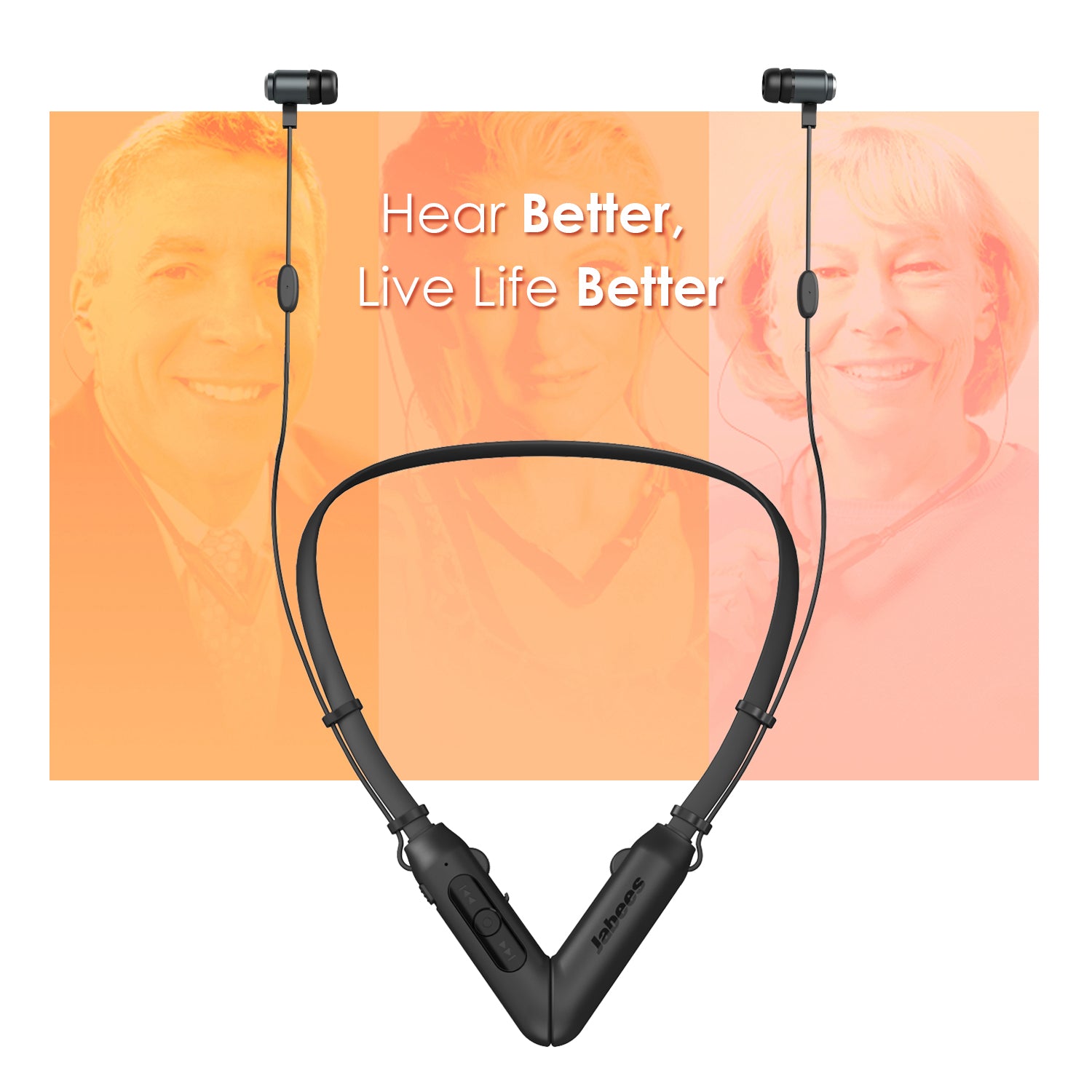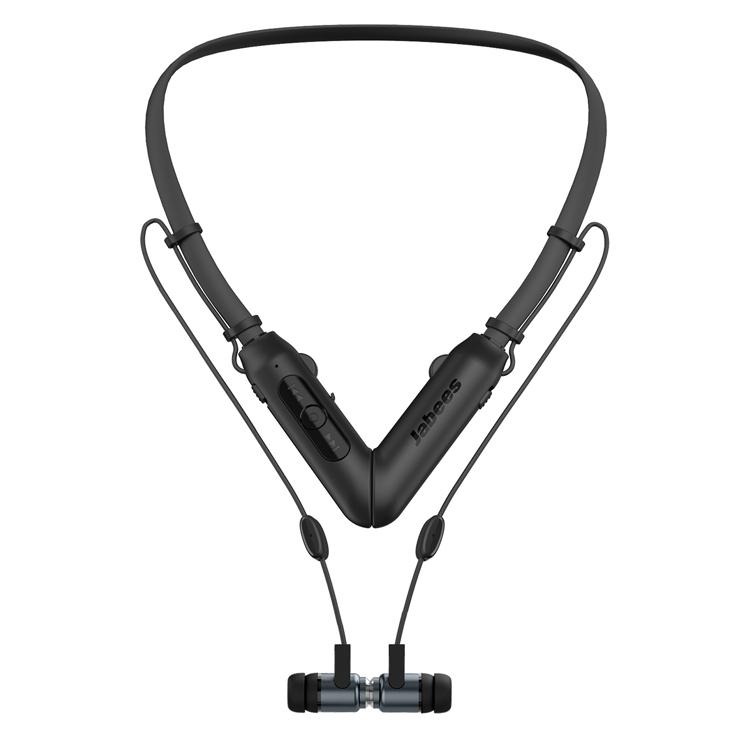Travelling should not be restricted; it should be available to everyone, regardless of age, race, financial means, or physical and mental abilities. Even Mama Lee, a 93-year-old woman who spent her entire retirement on a cruise ship and travelling the world, there are several options available so that you can travel comfortably and safely. The same thing applies to travelers with disabilities, did you know? that ADA (The Americans with Disabilities Act ) “prohibits discrimination and ensures equal opportunity for persons with disabilities in employment, State and local government services, public accommodations, commercial facilities, and transportation”. For those individuals who have a hearing problem, we have prepared a few tips for you to have a safe and rewarding adventure. Travelling when you have hearing loss can be challenging, but that's not a reason to miss out on discovering new locales.
Before you decide to travel
Before your trip, make sure you choose a resort, hotel, or cruise that offers you access to amenities or facilities arranged for people with physical disabilities. Many hotels, especially in developed countries, have rooms with special facilities for the hearing impaired like flashing lights for the phone and doorbell. In the US, ADA law requires that these types of rooms must have:
- A telephone that allows guests to communicate via text or typing, such as a TTY phone and/or a phone with added amplification
- Sensors that shake or alarm the bed and/or flash a light to notify the guests that someone is ringing the doorbell or calling on the phone. Such warnings are also needed for emergencies. Alarm clocks should also provide some kind of non-auditory signal.
- A TV with closed captioning
- Signage indicating assistive listening devices are available.
Many museums in big cities provide hearing aids or other support technology such as PSAPs (Personal Sound Amplifiers). The same thing applies to cinemas and other performance spaces. Send email to locations for up-to-date information. Learn about your destination before you go. Familiarize yourself with places, important historical figures, and the like. That way, when you hear these names, they will become more familiar and easier for you to understand.
Mode of Transportation
Whether you travel by plane, train, bus or private car, download all the relevant applications to your smartphone before you leave. Many airlines and train companies have mobile applications that schedule and provide alerts for gate changes or delays. Make it a habit to use apps before you go so you're ready if you have problems with your trip. Furthermore, you have to be aware that you do not need to remove your hearing aid when passing through airport security. Make sure to make arrangements with the airline before the day of travel so you will be given the right seat, passengers with hearing loss are prohibited from seating in the exit row, so be sure to check your seat location when booking or contact the airline directly. And lastly, you do not need to disable your hearing aid or PSAPs during takeoff and landing. It is not considered a personal electronic device and it is not classified into the same category as MP3 players, iPods, laptops, mobile phones, smartphones, etc.
What to pack
Being prepared and ready is better than being sorry, make a list of the things that you need to bring.
- Adapter for your hearing aid or PSAPs charger if you’re travelling abroad
- Extra batteries
- Bring your medical cards, Medicare card if you have one, discount cards, passport, debit and credit cards, and Traveler’s Checks.
- Carry a cleaning kit
DINING OUT
When eating out, ask for tables in the quiet corner of the restaurant or sit outside when the weather is good. Excess noise and loud interior spaces make it difficult to hear and focus on the conversation with the person you dine with. You can also ask your hotel manager to suggest quiet restaurants so you can reserve a table.
If you have mild to moderate hearing loss Jabees has PSAPs (Personal Sound Amplifiers) called BHearing. BHearing is a personal sound amplifier (PSAP) headphone with an App for customization. In the BHearing app you can easily access your preset modes for different social settings and that includes the Restaurant Environment, it also has traffic mode, outdoor mode
and general. The BHearing App allows you to fine-tune these profiles in real-time whenever you feel the need. It is an amazing sound amplifier that helps you understand conversation better even in a loud space inside the restaurant.


Having a hearing problem while travelling is not something to be avoided, it should be pleasant! Most people with disabilities travel more often than those without. With safety laws such as the ADA, people with a hearing problem can travel safely and have a fun journey. All it takes is some planning and knowing that you have the resources to bring to avoid any obstacles that may challenge you.
References:
1. https://www.youtube.com/watch?v=-dWFKp-bJtk + https://shareably.net/93-year-old-retirement-cruise-ship/
2. https://championtraveler.com/ultimate-guide-to-traveling-with-disabilities/
3.https://www.healthyhearing.com/report/52212-Healthy-hearing-travel-tips-planning-your-vacation
4. https://www.audicus.com/tips-for-traveling-and-flying-with-hearing-aids/
5.https://www.healthyhearing.com/report/52212-Healthy-hearing-travel-tips-planning-your-vacation
6. https://www.hearingdirect.com/blogs/blog/using-hearing-aids-on-flights


